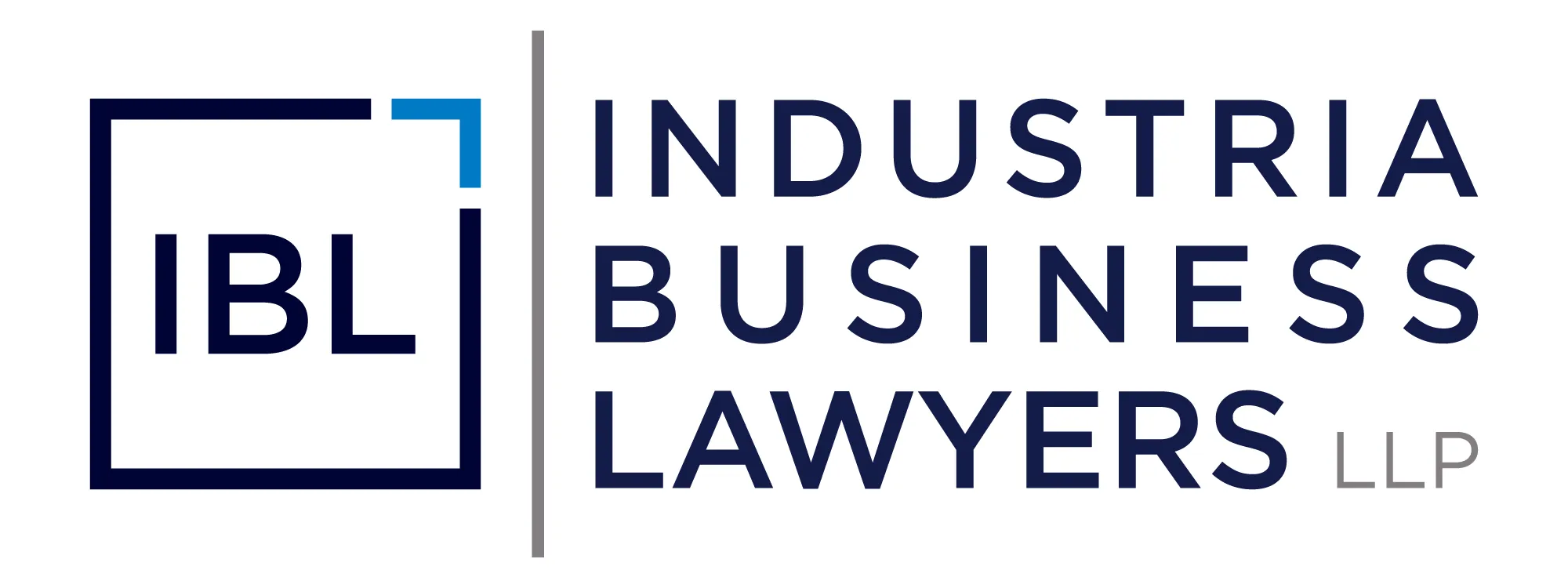Staking plays a crucial role in Decentralized Finance (DeFi), offering users a way to earn rewards while contributing to network security and protocol stability. Whether securing a blockchain or supporting liquidity pools, staking has become integral to DeFi’s growth.
As participation grows, so do questions about its legal status—Is staking regarded as a security? Do staking providers need licenses? How do taxes apply to rewards? Compliance is a difficult task, since there is uncertainty for service providers and legal risk for individual stakeholders in the absence of clearly-applicable defined regulations.
In this article, we’ll explore the legal implications of staking in DeFi, focusing on regulatory concerns, tax obligations, and the evolving complexities.
Staking and its Legal Significance
In DeFi, staking entails locking or assigning crypto to a protocol in order to get incentives, typically in the form of a portion of transaction fees or newly minted tokens. DeFi staking takes several forms, each with its own mechanics and risks:
- Validator staking: Directly staking tokens in a Proof of Stake (PoS) network to validate transactions and secure the blockchain (this type of staking integrates staking as part of the blockchain’s foundational consensus algorithm–the mechanism through which the thousands of disparate network participants trustlessly come to agree on which blocks are valid).
- Liquidity provider (“LP”) staking and yield-farming: Providing assets to liquidity pools for decentralized exchanges or other DeFi protocols (e.g., Uniswap) and moving funds across protocols to maximize rewards, respectively. While also called “staking,” these types of staking do not always involve PoS validation. (Yield-farming may be based on staking which is in effect a simple subsidy paid out of the initial capital raised by the protocol founder, as was particularly popular over 2020-2022).
- Staking pools: Users combine tokens into a collective bundle in order to boost the chances of earning rewards, often managed by third-party service providers.
- Liquid staking: Staked tokens yield a tradable derivative asset which itself is a token (e.g., stETH), maintaining liquidity while allowing holders to earn rewards.
Commodities vs. Securities: How Staking is Classified
The classification of staking under legal frameworks primarily hinges on whether it is treated as a commodity or a security asset and/or transaction, as this determines which regulatory body has oversight and what compliance requirements apply.
Regulators, particularly the U.S. Securities and Exchange Commission (SEC) and the Commodity Futures Trading Commission (CFTC), have debated whether staking services qualify as securities under the Howey Test. According to the SEC, staking services, particularly those provided by centralized platforms that pool user assets and distribute rewards, may be considered securities, resulting in enforcement actions against specific staking-as-a-service providers.
On the other hand, the CFTC and some regulators and industry participants argue that staking is better classified as a commodity/commodity transaction, similar to Bitcoin and other decentralized assets. They contend that staking rewards are akin to mining rewards, where validators earn rewards for network participation rather than for passive investment. This perspective suggests staking could fall under commodity regulations–though a clear framework and regulatory carve-up is still lacking.
Key Regulatory Concerns for Staking in DeFi
Securities regulations and staking
The question of whether staking constitutes a securities offering has led to enforcement actions at both federal and state levels. The SEC has targeted centralized providers under the Howey Test, while state regulators have pursued cases against platforms like Nexo and Gemini. Coinbase also withdrew its staking product amid regulatory scrutiny. The BlockFi case, though framed as a lending issue, functioned similarly to staking-as-a-service and further reinforced regulatory concerns.
Legal precedent adds another layer to the debate. In Audet v. Fraser, a jury ruled that hashlets—representing cloud mining hashrate—were not securities, despite arguments that they involved pooled investments. Although this case predates staking, it underscores that not all service-based digital asset models meet securities criteria.
The SEC’s position on staking has also been inconsistent. Earlier statements by SEC Chair Gary Gensler suggested that Proof-of-Stake Ethereum might qualify as a security, but the agency later cleared Ethereum 2.0 from enforcement actions, reversing its stance. This shift has deepened regulatory uncertainty.
Looking ahead, the SEC’s 2025 mining guidance, though focused on contractual PoW arrangements, could influence staking regulations. Since both involve pooling resources for potential returns, similar legal principles may apply.
Globally, many jurisdictions regulate staking under collective investment scheme (CIS) laws, which govern pooled funds managed by a third party. Since most countries recognize some form of CIS regulation, they often classify staking under securities or financial market laws to protect investors and maintain market stability. The U.S. takes a broader approach, applying the Howey Test rather than relying solely on pooled funds. This allows regulators to enforce securities laws more flexibly, covering a wider range of financial arrangements.
For projects and users, understanding local regulations is crucial, as compliance requirements, tax obligations, and legal risks differ significantly by region.
AML and KYC requirements
Anti-money laundering (AML) and know-your-customer (KYC) rules apply to many financial services, and staking is no exception. The Financial Action Task Force (FATF) has issued guidelines recommending that virtual asset service providers (VASPs) implement identity verification and report suspicious activities, aligning with global AML and KYC regulations. In order to stop illegal financial activity, several regulators mandate that staking platforms adhere to these guidelines.
Inconsistencies in Jurisdiction
Global participants find compliance challenging because of the significant variation in staking regulations across jurisdictions. While some countries, like Singapore, have specific licensing requirements for staking platforms, others, like Switzerland, enforce strict AML measures. Meanwhile, regions such as the European Union are working on broad frameworks to bring staking under clearer regulatory oversight.
A further complicating factor is that staking can be centralized (i.e., in the custody or control/management of a counterparty) or decentralized (i.e., with the staker retaining full control and nobody else possessing custody of staked assets other than a smart contract or the blockchain itself). Currently, many VASP regulations (such as the EU’s MiCA) do not cover decentralized and noncustodial relationships.
However, this could change in the future, and different legal regimes may vary indefinitely. Both individual stakeholders and service providers must remain knowledgeable about various legal environments due to this inconsistency, which breeds uncertainty.
Risks and Compliance Considerations for Participants
Legal risks for individual stakers
DeFi staking exposes users to legal concerns because it operates in a dynamic regulatory environment. While enforcement actions have mostly targeted centralized providers, future regulations could introduce compliance requirements for individual/decentralized stakers.
Taxation is another challenge. In the U.S., the Internal Revenue Service (IRS) ruled on July 31, 2023, that staking rewards are taxable as income upon receipt. In Japan, virtual currency obtained from mining is subject to market-value taxation, and staking incentives are subject to similar rules. Stakeholders must remain up to date on local tax rules, because failure to comply with these responsibilities may result in audits, fines, or back taxes.
Compliance obligations for staking service providers
Staking-as-a-service providers face strict compliance requirements, including:
- Licensing and securities compliance: The SEC has taken enforcement actions against platforms like Coinbase and ConsenSys Software Inc. for offering unregistered staking programs. In 2023, the SEC sued Coinbase, alleging its staking service was an unregistered securities offering, seeking injunctive relief and civil penalties. In 2024, the SEC charged ConsenSys over MetaMask Staking, issuing a Wells notice as a precursor to formal action. These cases have led to ongoing legal battles, highlighting the SEC’s aggressive stance on staking services and the potential consequences for non-compliant providers.
- AML and KYC implementation: Jurisdictions like Singapore require staking platforms to register as Virtual Asset Service Providers (VASPs), while Switzerland’s FINMA enforces strict AML measures.
- Regular legal assessments: Providers must stay updated on applicable jurisdictional laws and regulations and ensure transparency with users.
Future Outlook on Staking Regulation
Staking regulations are still changing because global financial authorities are still playing catch-up with fast-changing blockchain technology and businesses built upon it. Governments are working on clearer frameworks that balance investor protection with industry growth. The types of initiatives that are underway include:
- Standardized disclosure rules for staking service providers, guaranteeing transparency in risk and reward structures.
- Harmonization of global AML and KYC regulations, making compliance more predictable across jurisdictions.
- New tax guidelines that clarify when and how staking rewards should be taxed.
As regulators sharpen their approaches, industry stakeholders are engaging in discussions to shape policies that support innovation while addressing legal concerns. To reduce legal risks, stakers and service providers should continue to be vigilant in their monitoring of regulatory developments. Don’t hesitate to get in touch with us to discuss how to mitigate legal risks connected to DeFi staking, so you can confidently stay ahead of regulatory changes.
Infographic Titles:
- Is Staking a Security? The Answer Could Change Everything
(A comparison of SEC vs. CFTC views on staking) - AML & KYC in DeFi Staking: Are You at Risk?
(Must follow AML and KYC rules for staking platforms) - Are You Staking Illegally? Here’s What You Need to Check
(Quick checklist of red flags that could put stakers at legal risk)


